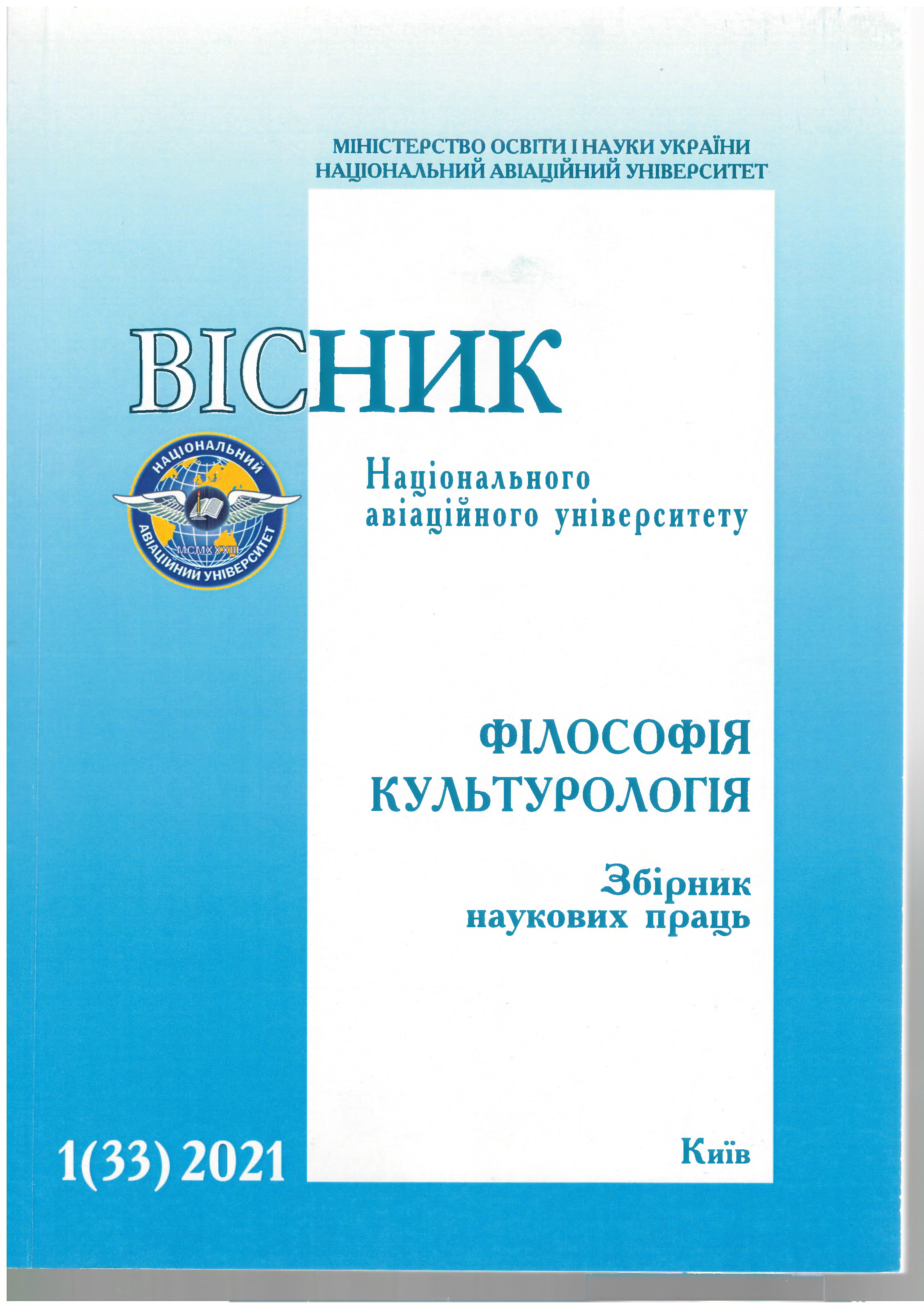PUBLIC SPHERE MEDIATIZATION
DOI:
https://doi.org/10.18372/2412-2157.33.15651Keywords:
civil society, digital activism, new media, mediatization, public sphereAbstract
The article is devoted to the analysis of the public sphere of modern society as a complex and dynamic phenomenon of so-cial and political interactions involved in the virtualization, mediatization and digitalization processes. The space of the digital public sphere, in contrast to the traditional public sphere one, is controlled by means of algorithms – hidden mechanisms integrated into many information platforms responsible for structuring of information on public platforms where people can discuss issues of concern. The ar-guments of techno-optimists and techno-pessimists regarding the effectiveness of digital activity and its risks in short-term, action-oriented practices and long-term perspectives are given. The search for consensus in the definition of digital activism makes the debate about its nature, harm and benefit to society of great current interest, encourages for the further study of the given problem.
References
Abysova M., Antipova O., Pavlyshyn O., Bondar S. Nation’s
Historical Past under Multicultural Conditions. International
Journal of Recent Technology and Engineering. 2019. Vol. 8.
Issue 4. P. 9409–9414. DOI: https:// doi. org/ 10.35940
/ijrte.d9720.118419. URL: https: //www .ijrte. org/ wp-content
/uploads / papers /v8i4/D9720118419.pdf
Dahlberg L. Cyber-Libertarianism 2.0: A Discourse Theory/
Critical Political Economy Examination. Cultural Politics. 2010.
No. 6. P. 331–356.
Drotianko L., Yahodzinskyi S. Digitalization of Educational
Environment: Tendenncies and Perspectives // Вісник Націо-
нального авіаційного університету. Серія: Філософія. Культу-
рологія. – 2020. – № 2 (30) С. 9–13.
Gerbaudo P. Tweets and the Streets: Social Media and
Contemporary Activism. London : Pluto, 2012. URL:
http://library.oapen. org/handle/20.500.12657/30772
Gladwell M. Small Change. Why the revolution will not be
tweeted // The New Yorker. 27.09.2010. URL: ht t ps: // ww w.
new yor ker .c om/m ag azine/ 2010/ 10/ 04/s mall-c hang emalcolm-
gladwell (date accessed: 27.11.2019).
Hirzalla F., van Zoonen L. Beyond the Online/Offline Divide:
How Youth’s Online and Offline Civic Activities Converge.
Social Science Computer Review. 2011. No. 29 (4). P. 481–498.
Joyce M. Digital Activism Decoded. The New Mechanics
of Change. New York : Idebate Press, 2010. 240 p.
Keen A. Digital Vertigo: How Today’s Online Social Revolution
Is Dividing, Diminishing, and Disorienting Us. New York :
St. Martin’s Press, 2012. 256 p.
Morozov E. The Net Delusion: The Dark Side of Internet
Freedom. NY: Public Affairs, 2011. 448 p.
Ordenov S. Social Memory Transformations under the
Conditions of Postmodern Society Mobilization // Вісник Націо-
нального авіаційного університету. Серія: Філософія. Культу-
рологія. – 2020. – № 1 (31) С. 76–83.
The Digital Divide: Arguments for and Against Facebook,
Google, Texting, and the Age of Social Networking. New York :
Tarcher, 2011. 354 p.
Theocharis Y. The Conceptualization of Digitally Networked
Participation. Social Media+Society. 2015. No. 2 (1). P. 1–14.
Арендт Х. Vita activa, или О деятельной жизни. СПб. :
Алетейя, 2000. 437 с.
Богданов К. А. Повседневность и мифология: Иссле-
дования по семиотике фольклорной действительности. СПб. :
Искусство-СПБ, 2001. 437 с.
Герасимова Е. М. Доктрина реалізації свободи в де-
мократичному суспільстві: ідеал і реальність // Вісник Націо-
нального авіаційного університету. Серія: Філософія. Культу-
рологія. – 2020. – № 2 (32) С. 5–8.
Демакова К., Маковецкая С., Скрякова Е. Неполитиче-
ский активизм в России. Pro et Contra. 2014. Май–август.
С. 148–163.
Кант И. Ответ на вопрос: Что такое Просвещение?
Государство. Общество. Управление. М. : Альпина Пабли-
шер, 2013. С. 501-509.
Касавин И. Т., Щавелев С. П. Анализ повседневности.
М. : Канон+, 2004. 432 с.
Ланир Дж. Вы не гаджет. Манифест. М. : Corpus, 2011.
с. (Цит. по: Мартынов К. От слактивизма к республике.
Почему интернет-революции становятся реальностью. Логос.
№ 2. С. 19–27).
Матвеева А. В. Особенности гражданского участия в
условиях современного цифрового пространства. Форум
молодых ученых. 2018. № 5–2 (21). С. 620–625.
Мирошниченко А. Интернет и эволюция медиаакти-
визма в Р оссии. В естник И нститута К еннана в Р оссии. 2 013.
Вып. 24. С. 74–84.
Никовская Л. И., Молокова М. А. Роль межсекторного
партнерства в реализации потенциала социального государ-
ства в России. Власть. 2017. Т. 25. № 11. С. 31–37.
Сметанина С. И. Медиа-текст в системе культуры (ди-
намические процессы в языке и стиле журналистики конца XX
века) : монография. СПб. : Михайлова В. А., 2002. 383 с.
Хабермас Ю. Структурное изменение публичной сфе-
ры: исследование относительно категории буржуазного об-
щества. М. : Весь мир, 2016. 344 с.


